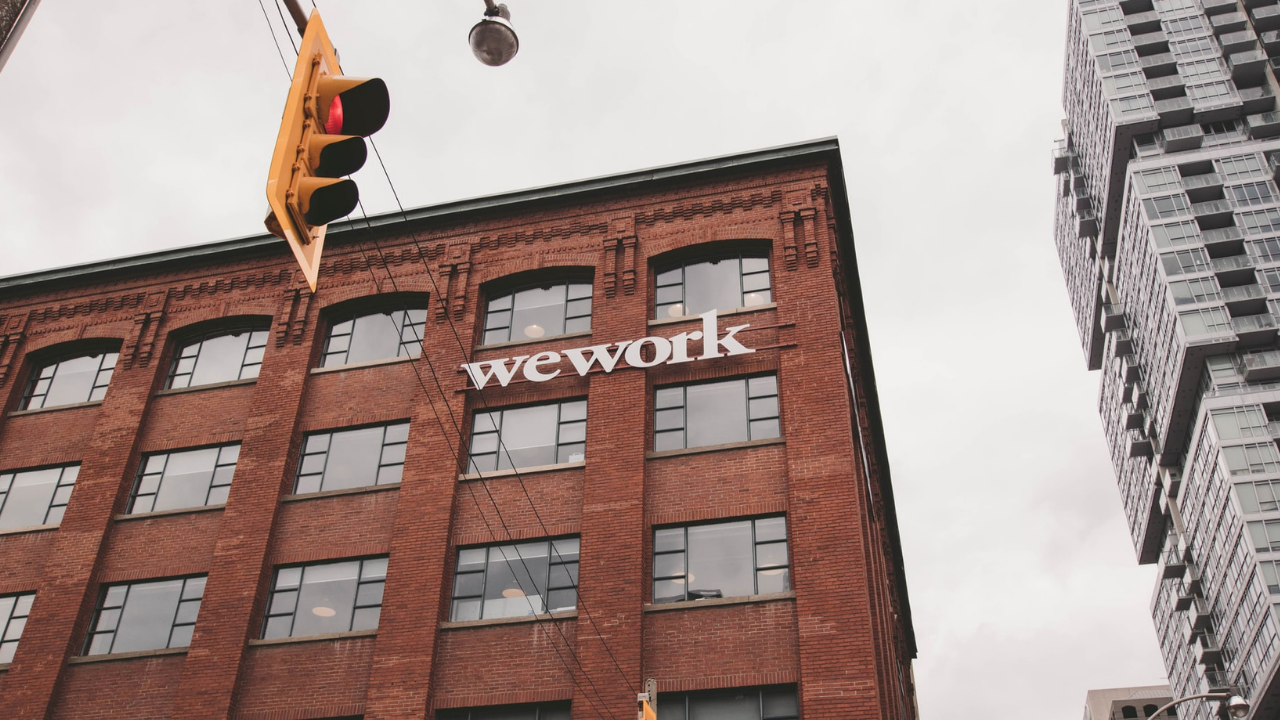WeWork’s foundation was one of a progressive real estate company, but as the coworking firm’s success blossomed, it grew a little too big for its britches.
Although the company bolstered itself up as a technology startup, it’s main focus was taking up office space.
The firm’s failed IPO led to a series of events that would break down the company’s reputation of lavish parties and toxic environment, which included forcing cofounder and former CEO Adam Neumann to step down.
Since then, chairman and real estate expert Marcelo Claure has been working to rebuild the company’s standing with the investment world and the general public.
WeWork has so far walked away from over 100 underperforming or pre-open locations, cutting its net loss to $517 million in the third quarter of 2020 from $1.2 billion during the same time in 2019.
While the company has had continued revenue drops due to the pandemic, the changing future of work may present an opportunity for the entire coworking industry.
WeWork in particular has launched its new On Demand and All Access programs that allow people who may be struggling with home office arrangements an alternative place to go.
“[We] realized with COVID, the world was shifting, and to open up our platform to a broader group of people and make it as flexible as humanly possible,” said Prabhdeep Singh, global head of marketplace at WeWork. “So they can now book a room for a half-hour or get a day pass, for example. The use cases are so wide.”















